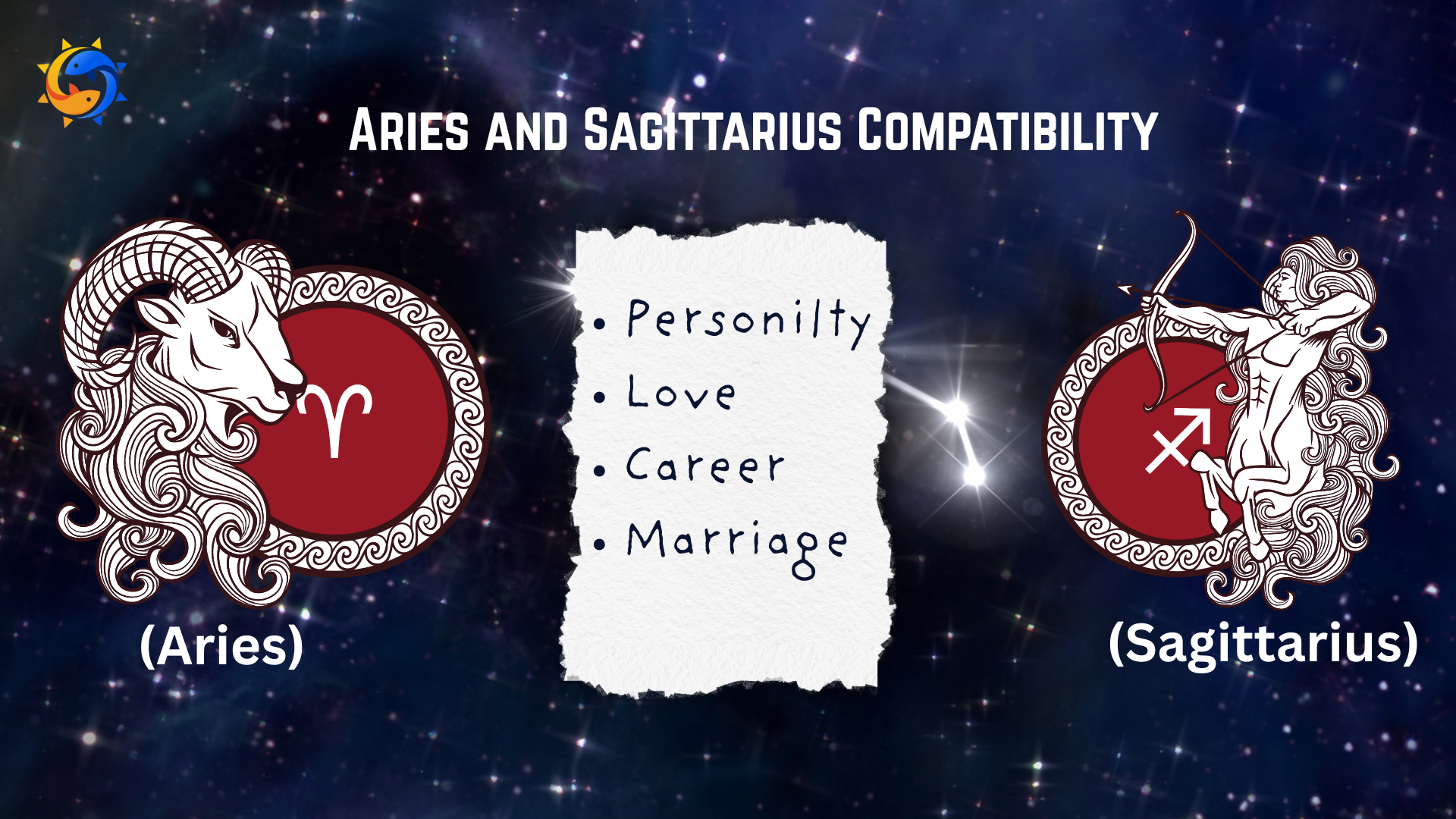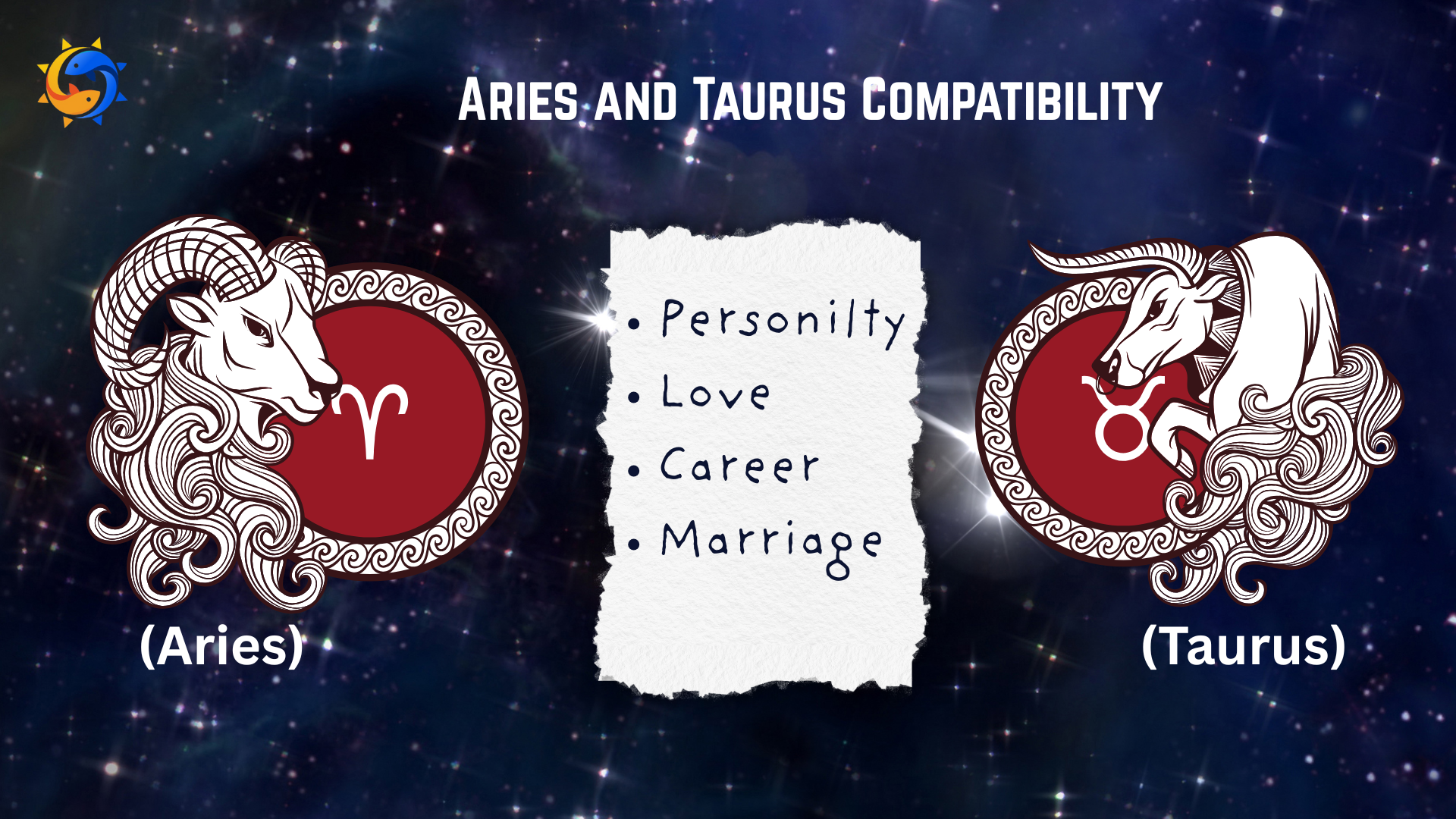In Hinduism, rituals are a significant aspect of spiritual practices, and no ceremony, whether a wedding, housewarming, or festival, is considered complete without invoking Lord Ganesha. Lord Ganesha, also known as "Vighnaharta" (the remover of obstacles), is widely revered as the deity who clears the path to success and ensures smooth beginnings. Worshipping him first in any ritual is not only traditional but also symbolic of inviting his blessings for success, wisdom, and prosperity.
In this blog, we explore the significance of Lord Ganesha, the stories behind this tradition, and why he is worshipped before any other deity.
1. The Symbolism of Lord Ganesha
Lord Ganesha holds a special place in Hindu scriptures, embodying qualities like intellect, wisdom, and power. He is the son of Lord Shiva and Goddess Parvati and is known for his elephant head, which represents knowledge, intellect, and a calm demeanor. His large ears signify an open mind and the importance of listening, while his small mouth symbolizes restraint in speech.
Worshipping Ganesha first is believed to pave the way for a successful venture. He is invoked for wisdom to handle any hurdles that may come along, and for patience and intelligence to overcome challenges.
2. The Story of Ganesha’s Elephant Head
One of the most popular stories explaining why Ganesha is worshipped first revolves around his birth. According to Hindu mythology, Goddess Parvati created Ganesha out of sandalwood paste and breathed life into him. She asked him to guard her door while she bathed. When Lord Shiva returned, Ganesha, unaware of who Shiva was, stopped him from entering. Angered, Shiva beheaded Ganesha.
Seeing this, Parvati was heartbroken. To console her, Lord Shiva promised to bring Ganesha back to life and replaced his head with that of an elephant. After this, Shiva blessed him with the boon that Ganesha would be worshipped first before any other god in any ritual.
3. Vighnaharta: The Remover of Obstacles
Another reason for worshipping Lord Ganesha first is his title of "Vighnaharta." In Hindu beliefs, Ganesha has the power to remove obstacles, ensuring that all endeavors are carried out without hindrance. Whether it's a wedding, a new business, or even a pooja, invoking Lord Ganesha's blessings is considered essential for success.
This quality of removing obstacles also explains his other name, "Siddhivinayaka," meaning "the one who bestows success." Hindus believe that Ganesha’s divine intervention can prevent unforeseen hurdles during important events.
4. The Curse of the Moon and Ganesha’s Importance
An interesting story that further emphasizes Ganesha's significance in rituals is his encounter with Chandra, the moon god. During one of Ganesha's birthdays, he was offered an abundance of sweets. While returning home on his mouse vehicle after the celebrations, the mouse stumbled, and Ganesha fell to the ground. The moon laughed at Ganesha's mishap, infuriating him. Ganesha cursed the moon, saying that anyone who looked at the moon on the day of Ganesha Chaturthi would face difficulties.
This curse highlights Ganesha's influence over even celestial bodies and reinforces his ability to affect destiny. Since Ganesha is believed to control such universal elements, invoking him at the start of any ritual is seen as vital to avoiding bad omens.
5. The Role of Lord Ganesha in Hindu Scriptures
The scriptures further support the tradition of worshipping Ganesha first. In the Rigveda and other Hindu texts, Lord Ganesha is described as the one who grants success and removes obstacles, making him the most appropriate deity to start any religious or spiritual activity.
In the Ganapati Upanishad, Lord Ganesha is described as the supreme being who pervades all. His divine qualities make him the ideal figure to invoke at the beginning of any venture, to ensure that it is undertaken with clarity, wisdom, and good fortune.
Read Also - Ganesh Chaturthi 2024: Date, Auspicious Time, and Rituals
6. Ganesha and the Four Auspicious Paths
In the spiritual context, Lord Ganesha represents the convergence of four auspicious paths: Dharma (righteousness), Artha (prosperity), Kama (desires), and Moksha (liberation). These four paths are essential elements of life, and Ganesha is believed to balance these aspects perfectly. Starting any ritual by worshipping him ensures that one’s actions are aligned with these four pillars of human existence.
7. The Ganesha Mantra
During every Hindu ritual, the "Om Gan Ganapataye Namah" mantra is often recited. This mantra is said to summon Ganesha’s blessings for wisdom, prosperity, and protection. The power of this mantra, combined with the ritual of offering flowers, fruits, and prayers, creates an environment of positivity and success, allowing the rest of the ceremony to proceed smoothly.
8. The Cultural Relevance of Worshipping Ganesha
Lord Ganesha’s prominence isn’t limited to religious rituals; he is also a central figure in festivals and daily worship across India and beyond. The grand celebration of Ganesh Chaturthi, where large idols of Lord Ganesha are worshipped for days, is a testament to his importance. These celebrations bring people together, signifying the universal appeal of Ganesha as a protector and guide.
In Maharashtra, the festival of Ganesh Chaturthi is especially grand, lasting for 10 days, and ending with the immersion of the idols in water. Ganesha’s presence in homes and temples across the world during this time symbolizes the unity of people seeking his blessings for peace, prosperity, and protection.
9. Lord Ganesha Beyond Hinduism
Interestingly, the worship of Lord Ganesha transcends Hinduism. In Buddhism, Ganesha is revered as a symbol of wisdom and wealth, and even in other cultures, his image is often associated with good fortune. This universal acceptance further underlines why invoking Ganesha first is such an important part of religious and cultural traditions.
Conclusion: The First Among All
The practice of worshipping Lord Ganesha first in every Hindu ritual goes beyond mere tradition. It is a spiritual invocation for wisdom, protection, and the removal of obstacles that may arise in any undertaking. Whether through his various stories or his symbolic presence, Lord Ganesha remains a central figure who ensures that any ritual begins on a positive and successful note.
In a world where uncertainty often clouds our path, invoking the blessings of the "Remover of Obstacles" is a way to invite clarity, wisdom, and peace into our lives. Therefore, whether it’s a wedding, a housewarming, or a festival, Lord Ganesha is, and will always remain, the first deity to be worshipped in every Hindu ritual.


.png)









